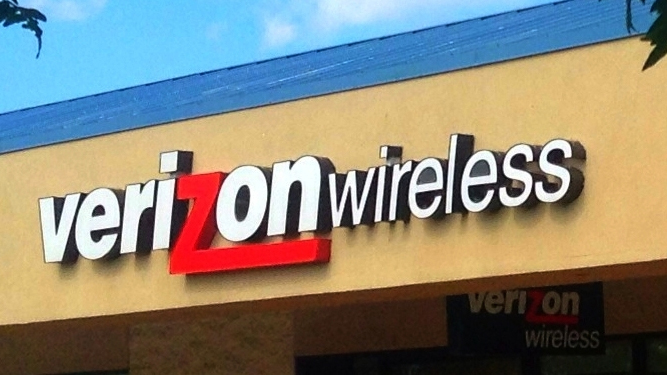Verizon Finally Catches Up To T-Mobile, AT&T; Launches Program To Free Up More Data For Mobile Subscribers
Last month, executives with Verizon said the company would one day test sponsored data. That day is apparently today, as the largest wireless provider in the U.S. launched FreeBee Data, its version of T-Mobile and AT&T’s programs that don’t ding users’ data plans when they access certain content.
Verizon announced Tuesday that FreeBee will be available to content providers in two forms: FreeBee 360 and FreeBee Data.
Under FreeBee Data 360, content providers, such as a news service, can sponsor some or all of the mobile data a subscriber uses to access that content. This, Verizon says, could keep streaming video services or podcasts from eating into a subscriber’s data plan.
Similarly, FreeBee Data allows companies to sponsor specific consumer actions on a per-click basis, free of data charges for subscribers – including mobile video clips, audio streaming, and app downloads.
Verizon Execuitve VP Marni Walden said back in December that the company would begin testing sponsored data, but didn’t specify which companies the wireless provider would work with. On Tuesday, the company announced three partners, Hearst Magazines, AOL (no surprise there) and GAMEDAY, that will sponsor some mobile content for 1,000 test subscribers.
“With 1 in 3 Americans now watching videos on their smartphone, and another 100 million on tablets, the business case for mobile is clear,” Colson Hillier, vice president, Consumer Products at Verizon, said in a statement. “In today’s digital economy, FreeBee Data is a departure from the one size fits all approach to marketing.”
Sponsored data is a new idea for Verizon, but it’s an element of service other carriers have toyed with for years, often to the displeasure of net neutrality advocates who fear companies that can afford to buy exemptions to data will become the favorites of consumers who don’t want to pay hundreds of dollars per month for expensive data plan boosts.
AT&T announced nearly two years ago that it would dip its toes in the sponsored data pool. A year later, in January 2015, the company officially launched the program for certain app developers.
T-Mobile has been making the biggest splash in this area, first by not charging customers’ accounts for streaming audio from a handful of music services. More recently, it launched its BingeOn program that does the same thing for video. This is not without its controversy. YouTube is upset that T-Mo is downgrading its video streams for BingeOn users, even though the company is not part of the program.
Want more consumer news? Visit our parent organization, Consumer Reports, for the latest on scams, recalls, and other consumer issues.


